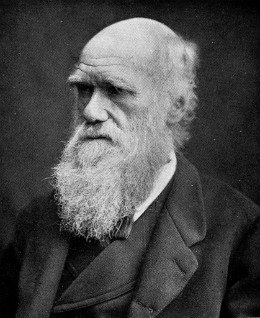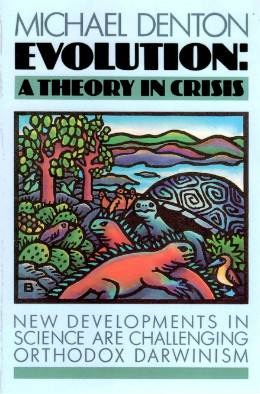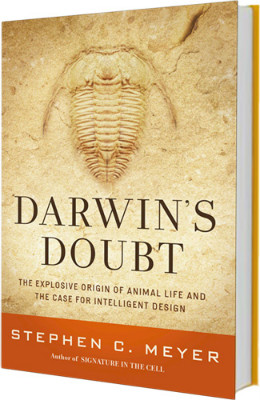Common Questions: 2
What does ID say about evolution?[1]
 It is important to recognise that there are two major issues relating to this question.
It is important to recognise that there are two major issues relating to this question.
Firstly, Intelligent Design (ID) is not primarily concerned with evolution, but with the positive case for design in the universe.[2] It argues from the accepted criteria for design – low probability and high specificity – and infers that life and the cosmos show clear evidence of design. ID is therefore concerned with the question of deep design in the universe.
Secondly, evolution – and the word has several different meanings – is generally taken to mean that complex life arose from simple life forms by a long process involving random mutation and natural selection. Evolution therefore deals with the much narrower question of life developed over time. It has, for example, nothing to say, beyond unfounded speculation, about the origin of life and of the universe.
 However, it would be disingenuous to argue that these positions do not intersect, especially when the Neo-Darwinian view about evolution is that it is a blind and purposeless process. If ID is correct, that claim must be false.
However, it would be disingenuous to argue that these positions do not intersect, especially when the Neo-Darwinian view about evolution is that it is a blind and purposeless process. If ID is correct, that claim must be false.
Theoretically, gradual evolution could be part of the design of the universe but mutations would then be planned rather than random. However, that would no longer be the accepted Darwinian view. And if the processes of evolution as currently visualised are broadly correct but are guided by a grand design, you would still expect to find, for example, thousands of transitional forms in the fossil record which are clearly not there. The fossil record actually shows the sudden appearance of new life forms for which there are no obvious ancestors, suggesting a process other than gradual evolution.
 On the whole, although ID and evolution deal with different levels of explanation, ID is deeply sceptical about Darwinian evolution and, interestingly, is not alone in that view.[3]
On the whole, although ID and evolution deal with different levels of explanation, ID is deeply sceptical about Darwinian evolution and, interestingly, is not alone in that view.[3]
[1] See my article 'ID and Evolution' elsewhere on this website for a fuller treatment of the subject.
[2] See my response to Common Question Q1.
[3] E.g. see James Shapiro, Evolution – a view from the 21st century, FT Press, 2011, and the two books shown in the article.
Image credits:
Thumbnail - own photo, book published by Oxford University Press, UK, 1998
Protrait of Charles Darwin - from Wellcome Images of the Wellcome Trust on Wikimedia Commons
Evolution: A Theory in Crisis - Adler & Adler Publishers Inc., U.S.
Darin's Doubt - courtesy of Discovery Institute